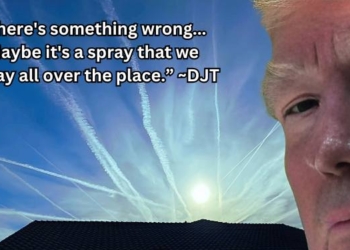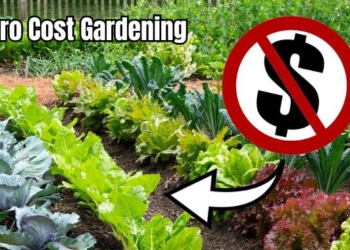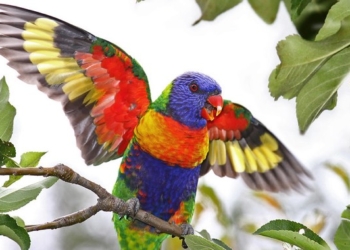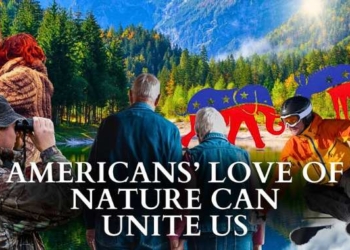
Source: WCS Newsroom
The following statement was issued by the Wildlife Conservation Society Brazil Program.
Said Carlos Durigan, Country Director of WCS Brazil:
“The Amazon, a fortress for life on Earth, is burning nearly twice as fast as last year. All parties must come together to stop the setting of these devastating fires.
“These fires are threatening the livelihoods of all Amazonian people – indigenous and non-indigenous, urban and rural; destroying the world’s greatest home for wild species of plants and animals, and reducing the forests which store and sequester carbon and help curtail our planet’s climate crisis. The increase in fire frequency is extremely troubling. The Amazon is the largest intact tropical forest in the world.
“Intact forests are extremely important to live on earth: They absorb a quarter of total carbon emissions annually in an enormous natural sink, and store far more than degraded forests. The forests of the Amazon sequester a quarter of this sink, which is threatened by drivers such as human-caused fires. The Amazon also contains up to 200 GT of carbon in living biomass and soils, or six times of annual global carbon emissions. When these forests are destroyed, this carbon is released, accelerating global climate change. Around the world, forests are biodiversity strongholds for two-thirds of all land-based plants and animals, and they support directly the livelihoods of 1.6 billion people including Indigenous Peoples. The Amazon comprises half of the remaining intact tropical forests; allowing this greatest of all intact forests to burn is a global tragedy.
“The Amazon Basin is home to more than 30,000 species of vascular plants, 2.5 million species of insects, more than 1.500 bird species, 550 species of reptiles and some 500 species of mammals. Iconic species like the jaguar, tapir, pink river dolphin and harpy eagle are well known, but the basin contains 10-12 percent of all the species on the planet. It is the world’s largest freshwater system, where over 2.500 species of fish thrive. It is ironic to think that one of the wettest places on the globe, in fact, the largest freshwater system in the world, wherein certain areas its forests are capable of creating their own rainy season with the water vapor that transpires from their leaves, is now threatened by the fire.
“About 34 million people live within its boundaries, including more than 380 indigenous groups. All will face challenges in the coming years from the loss of food, increased air pollution, and the concomitant emission of greenhouse gases – all of which will surely add an economic impoverishment. In addition, these fires are hurting local sustainable use initiatives based on natural resources, such as the harvest of fruits and nuts (açaí and the Amazon nut, for example), ecotourism and fishing. If we lose forests and their biodiversity, local communities lose opportunities to live sustainably.
“In the Amazon, fires are seasonal events, which occur most frequently during the dry season months (July to November). Almost all fires are started by people, who use fire to open up small areas for traditional agriculture. However, it is clear from official government reports and studies by environmental organizations, that in recent years burns have increased due to pressures to convert land for extensive agriculture, livestock or simply land grabbing. These drivers are exacerbated by the expansion of Amazonian cities, the development of mining projects, and the construction of roads and other infrastructures, such as highways and dams.
“WCS is asking all parties to help mitigate this emergency. The immediate need is to target on-the-ground resources to bring existing fires under control and prevent new ones. Government at every level, from the national to the state to the local municipality must contribute to this effort. National commitments are needed in parallel to bolster the regulatory framework and actively discourage the setting of fires, especially those associated with large scale forest clearance. There must be a national effort to put into place policies that support sustainable development rather than those that lead to the destruction of nature and natural resources.
“We welcome the growing number of voices from around that world that show concern on what is happening in the Brazilian portion of the Amazon. The direct ecological, climatic hydrological, and economic consequences extending across the nine countries that share the Amazon, and ultimately severe consequences for our entire planet. These fires are a situation that humanity cannot tolerate and we must rise to manifest our most effective solutions.”
The WCS Brazil Program is a Brazilian non-profit organization founded in 2004. Since its foundation, the organization has focused on conservation efforts in the Amazon region. The strategy of WCS-Brazil is to identify critical conservation problems and develop science-based and community-driven solutions that benefit natural landscapes, wildlife, and human populations.















